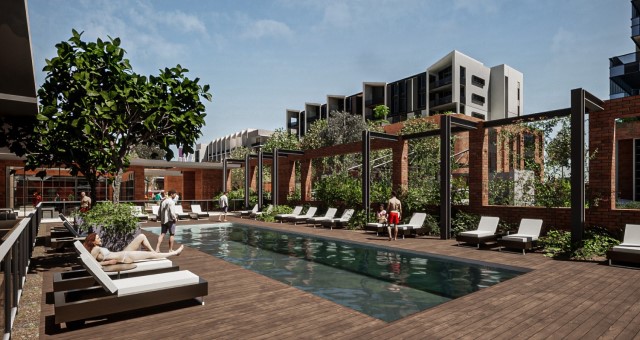Global hotel business BWH Hotels is aiming to drive sustainable development in its hotel network through the launch of a new Earth, People and Community (EPC) initiative in collaboration with The University of Queensland (UQ).
Tackling environmental and social issues, the EPC program will offer hotels practical, cost saving solutions that are in line with guest expectations.
“Our hotel family is deeply committed to implementing environmentally friendly hotel practices, fostering a work culture where diversity is celebrated and partnering with charitable organisations to give back,” said BWH Hotels Australasia Managing Director of Operations, Rod Munro.
“Through our new EPC effort, our attention is focused on establishing ourselves as the place to stay and the place to work.”
Under the guidance of Professor Sara Dolnicar and the Low Harm Hedonism team at UQ, BWH Hotels is working with hoteliers to measure environmental performance automatically and continuously.
In a Sustainability Handbook provided to hotels across the network, hotels are guided on reducing unnecessary daily room cleans, for example, by changing service defaults, which can result in up to 63% reduction in cleans, and by sharing the monetary savings with guests, which can result in up to 42% reduction in cleans.
Efforts to reduce food waste include reducing plate size at buffets by 3cm, which can reduce food waste by 20%, and introducing a stamp collection game for families at buffets, which can increase the number of families leaving no food waste behind by 34%.
The program will also support hotels to foster an inclusive culture that embraces diverse viewpoints and helps hotels to forge strong connections within their local communities.
“The pillars of Earth, People and Community reflect our company’s ongoing commitment to sustainability and responsible tourism,” Munro said.
“The implementation of this new program and the work we’re doing with The University of Queensland establishes a practical approach for our hotels to develop sustainably for future for generations of travellers.”
Dolnicar’s team is developing and testing practical solutions that have the potential to change hotel guest behaviour in ways that reduce environmental impact.
“The work we’re doing is not going to change the industry overnight, but it can materially improve the environmental sustainability of the tourism sector, especially if many hotels adopt practical measures proven to be effective,” said Dolnicar.
“Our collaboration with BWH Hotels will benefit the entire hospitality and accommodation sector as we will widely share all the measures that improve environmental performance while also reducing cost.”
One of the current studies running at BWH Hotels across Australia explores a potential solution to the underutilisation of in-room refrigerators and its impact on guest satisfaction, while another will explore the effectiveness of communication messages as a way to reduce the unnecessary use of air conditioning. It is hoped that messages revealing the air conditioning selection of the majority of guests will help drive down consumption.

